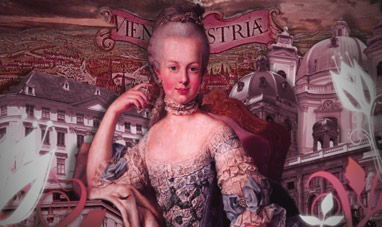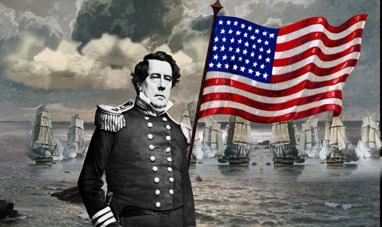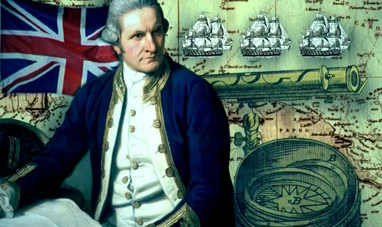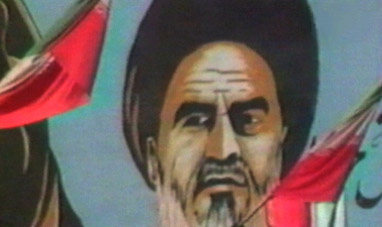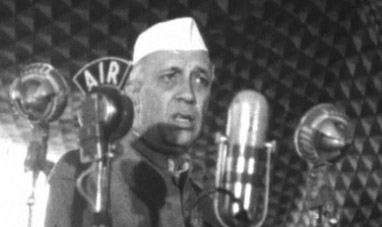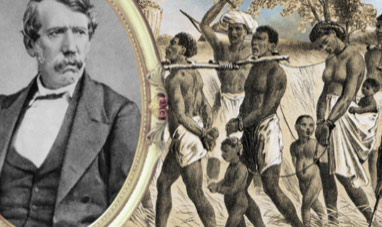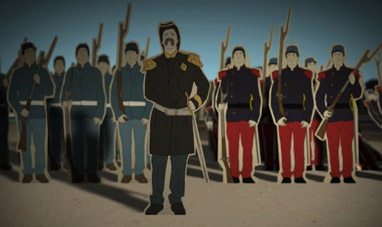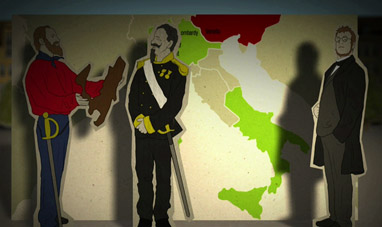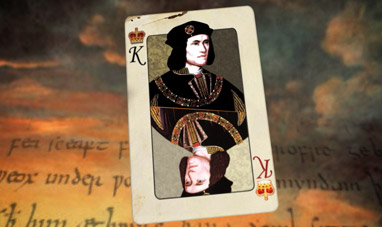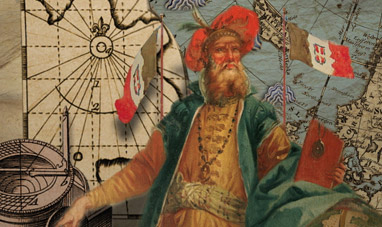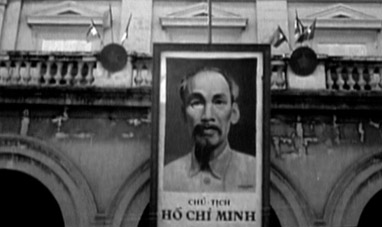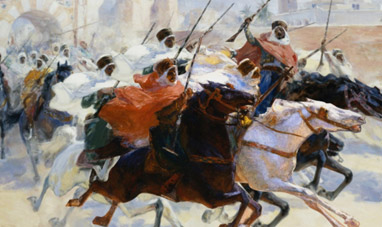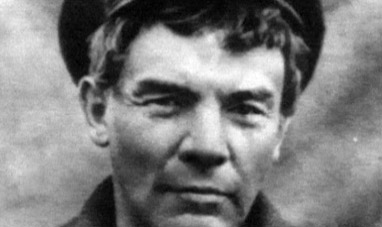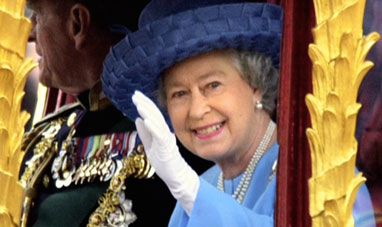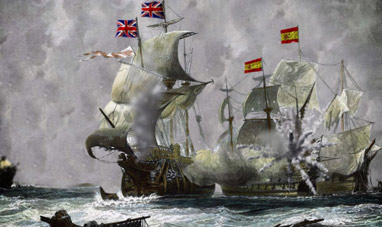Zheng He was a 15th-century Chinese admiral. He was known for commanding one of the biggest navies in history. He was also cited in a popular theory that the Chinese discovered the Americas, although that theory has now been disproved. Zheng He was born in 1371 in the Mongol province of Yunnan, to a Muslim family. Ten years later [1381] the Chinese Empire took the province and the young Zheng He was captured. He was made a eunuch and grew up at court. He was a playmate and confidant of Prince Zhu Di, the future Yongle Emperor. In 1402 the Yongle Emperor rose to power. For the Ming Dynasty, his rise marked the beginning of a period of political and cultural growth. With the goal of spreading Chinese influence beyond China’s borders, the Yongle Emperor ordered the construction of an imperial fleet.
Zheng He was named admiral. He commanded roughly 300 ships and 28,000 men, and led seven great oceanic expeditions between 1405 and 1433. His first expeditions [1405 - 1411] aimed to extend Chinese influence in the Indian Ocean. Zheng He landed in Malaysia, India and Sri Lanka. He distinguished himself for his diplomatic skills, although he resorted to more drastic measures when necessary. During his second expedition, he suppressed a revolt in Sri Lanka, [1409] imprisoning the island’s king, Alagonakkara. With the fourth and fifth expeditions, [1413 - 1419] Zheng He pushed farther west. He led his fleets towards the Persian Gulf and Arabia, making it to the eastern coast of Africa. He and his crew went to the Mecca and then present-day Kenya. In exchange for porcelain and silks, Zheng He brought zebras and giraffes to China, as drawings from the period show. [For graphics: show painting "A Giraffe in Peking"] His sixth expedition is the most famous. [1421 - 1423] The Chinese fleet once again left for Africa and Arabia, intending to bring back its foreign emissaries. Then it returned to China. However, there is another version of the journey.
In 2002, a former British Royal Navy officer, Gavin Menzies, claimed that Zheng He circumnavigated Africa, and then landed in the Americas before Christopher Columbus. The proof, according to Menzies, was in a 15th-century map. However, experts proved the map was from a later era, and the claim was dismissed. With the death of Emperor Yongle, [1424] naval expeditions were suspended. Seven years later [1431] Zheng He made his last trip, sailing to the Persian Gulf and Red Sea. In 1433, Zheng He was making his return trip when he died in Calcutta. He was 62. In accordance with Islamic law, he was buried at sea, his head pointing towards Mecca. In the year that followed, the Chinese began to follow a more intense form of Confucianism.
Their desire for expansion cooled and the Imperial fleet was dismantled. China left the oceans to the European powers.
Zheng He was named admiral. He commanded roughly 300 ships and 28,000 men, and led seven great oceanic expeditions between 1405 and 1433. His first expeditions [1405 - 1411] aimed to extend Chinese influence in the Indian Ocean. Zheng He landed in Malaysia, India and Sri Lanka. He distinguished himself for his diplomatic skills, although he resorted to more drastic measures when necessary. During his second expedition, he suppressed a revolt in Sri Lanka, [1409] imprisoning the island’s king, Alagonakkara. With the fourth and fifth expeditions, [1413 - 1419] Zheng He pushed farther west. He led his fleets towards the Persian Gulf and Arabia, making it to the eastern coast of Africa. He and his crew went to the Mecca and then present-day Kenya. In exchange for porcelain and silks, Zheng He brought zebras and giraffes to China, as drawings from the period show. [For graphics: show painting "A Giraffe in Peking"] His sixth expedition is the most famous. [1421 - 1423] The Chinese fleet once again left for Africa and Arabia, intending to bring back its foreign emissaries. Then it returned to China. However, there is another version of the journey.
In 2002, a former British Royal Navy officer, Gavin Menzies, claimed that Zheng He circumnavigated Africa, and then landed in the Americas before Christopher Columbus. The proof, according to Menzies, was in a 15th-century map. However, experts proved the map was from a later era, and the claim was dismissed. With the death of Emperor Yongle, [1424] naval expeditions were suspended. Seven years later [1431] Zheng He made his last trip, sailing to the Persian Gulf and Red Sea. In 1433, Zheng He was making his return trip when he died in Calcutta. He was 62. In accordance with Islamic law, he was buried at sea, his head pointing towards Mecca. In the year that followed, the Chinese began to follow a more intense form of Confucianism.
Their desire for expansion cooled and the Imperial fleet was dismantled. China left the oceans to the European powers.

